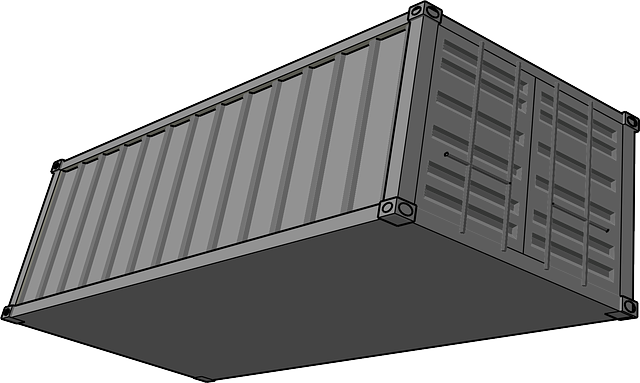Small businesses with fleets require specialized commercial fleet insurance to mitigate unique risks and protect against significant losses. This insurance offers comprehensive coverage including liability, vehicle repair/replacement, and theft/vandalism protection. Key options like contingent liability and fleet operator's liability provide additional protections. Navigating claims and risk management through a robust claims process ensures business continuity. Choosing the right policy involves assessing specific needs, comparing offerings from specialized providers, and proactively reviewing as the fleet grows or risks change to ensure adequate coverage for unexpected events.
Small businesses with fleets of vehicles face unique risks that require tailored protection. Understanding the importance of liability insurance is paramount for their longevity and success. This article delves into the crucial aspect of commercial fleet insurance, exploring why it’s essential for small businesses, the various coverage options available, how to manage claims and risks, and strategies for choosing the right policy. By the end, you’ll grasp the significance of insuring your fleet effectively.
Why Commercial Fleet Insurance is Crucial for Small Businesses

Small businesses operating a fleet of vehicles face unique risks that require specialized coverage. Commercial fleet insurance isn’t just an added expense; it’s a vital risk management tool designed to protect against significant financial losses. Without adequate protection, even a single accident or incident can cripple a small business, leading to costly repairs, legal fees, and potential damage to reputation.
Commercial fleet insurance offers comprehensive coverage tailored to the specific needs of fleet operators. It includes liability protection, which is crucial for covering medical expenses and damages in case of accidents involving your vehicles. Additionally, it may include coverage for vehicle repair or replacement, as well as protection against theft or vandalism, ensuring that your business can continue operations without undue interruption.
Coverage Options and Their Benefits

When it comes to commercial fleet insurance, understanding your coverage options is key. This type of insurance goes beyond basic vehicle protection, offering a range of specialized coverages tailored to meet the unique needs of small fleets. One crucial aspect is liability coverage, which shields against financial losses due to accidents involving your vehicles. It not only compensates for damages to other parties but also legal fees and medical expenses.
Additionally, comprehensive fleet insurance packages may include options like physical damage coverage for all vehicles, protecting them from accidents, theft, or natural disasters. Many policies also offer contingent liability, providing extra protection beyond the standard limits, and fleet operator’s liability, which covers specific roles within your organization. These diverse coverage options collectively contribute to risk mitigation, financial security, and peace of mind for small fleet owners.
Navigating Claims and Risk Management

Navigating Claims and Risk Management is a critical aspect of owning a small fleet. Commercial fleet insurance isn’t just about financial protection; it’s a strategic tool for risk mitigation. When a claim occurs, whether it’s due to an accident, property damage, or liability issues, having the right coverage can significantly streamline the resolution process. It provides peace of mind, ensuring that your business faces minimal disruption and financial burden during challenging times.
By prioritizing comprehensive commercial fleet insurance, you empower your organization to effectively manage risks. This includes access to legal counsel, expert adjusters, and efficient claim processing. A well-managed claims process can foster a safer working environment, enhance operational efficiency, and ultimately contribute to the long-term success of your small fleet.
Choosing the Right Policy for Your Small Fleet

When selecting a policy for your small fleet, it’s crucial to strike a balance between coverage and cost. Commercial fleet insurance isn’t one-size-fits-all; policies vary based on factors like vehicle type, usage, and driver history. Start by assessing your specific needs—do you require comprehensive coverage for all vehicles or do liability-only plans suffice? Consider the size and value of your fleet as well as the risk profile associated with your operations. For instance, if your fleet includes specialized or high-value assets, you may need enhanced protection.
Additionally, explore different providers and compare their offerings. Many insurance companies cater specifically to small fleets, offering tailored packages that include perks like discounts for bundling policies or safe driving incentives. Regularly reviewing and updating your policy is also essential as your fleet grows or operational risks change. This proactive approach ensures you have the right coverage in place when unexpected events occur, protecting your business from financial strain.
For small fleet owners, understanding the importance of liability insurance is key to navigating a complex landscape. By choosing the right policy, you’re not just protecting your vehicles and business; you’re ensuring continuity, managing risks effectively, and safeguarding against unexpected claims. Commercial fleet insurance isn’t just a necessity—it’s an investment in peace of mind and long-term success.
